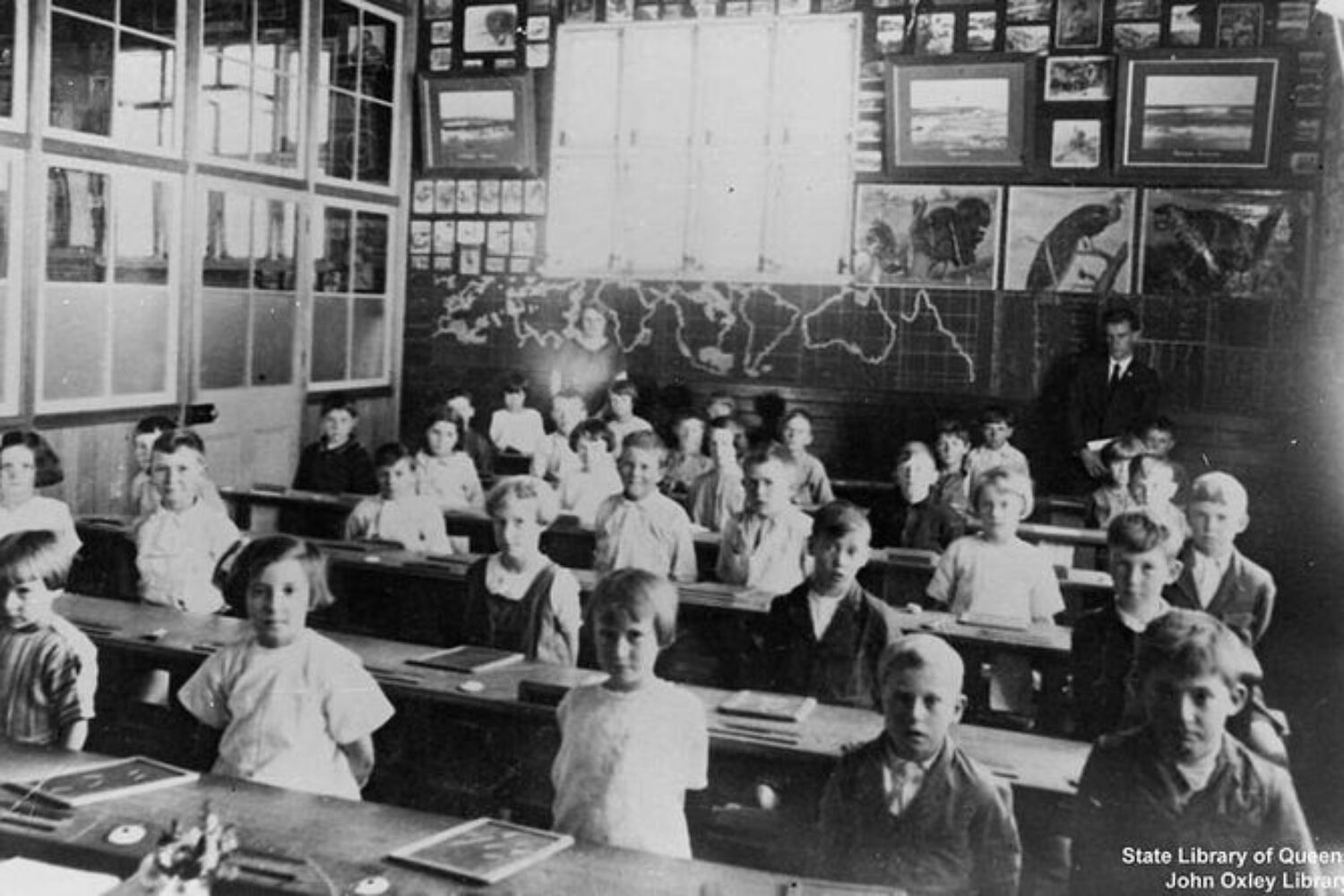…continued from Part 1.
Literary Excellence
If you think children learn the beauty of our language by hearing great books read to them (and they do), guess how well they learn it by copying great writing, word by word?
But please note that if you do not have your children copy sentences that are examples of literary excellence, then… they will not learn literary excellence!
We cannot do any better than to have our children copy scriptures, so that is what the Grammar of Grace Copybook is filled with. But whatever you use, please choose better examples for your children to copy than, “The cat ran after the bird.” Good grief.
Creative Writing
You know why children struggle so much to write paragraph-long answers to questions such as, “What is your favorite food?” Because God wires their little brains to copy what they see others say and do. Even when children express themselves creatively, they are largely copying what they’ve heard their parents or playmates saying… and those expressions come out spontaneously, not on demand. Creative expression on demand, especially in written form, is incredibly difficult for children; it is unnatural and unhelpful to require it of them.
Consider that several generations of children have now been taught to write with creative writing assignments like, “What did you do last weekend?”… and huge numbers of them have a strong distaste for writing! The majority of adults trained in that manner cannot write a so much as a short letter or email using correct English.
In contrast, consider the writing examples we have from the mid-19th century, in the letters and journal entries of dirt-poor soldiers during the Civil War. First of all, the average soldier actually wrote home. Can you imagine that, even of college students, today? But we also see in their letters that words are spelled correctly, sentences make sense, the entire train of thought is understandable, and there are even moments when literary beauty shines through. (If you haven’t read the writings of average American soldiers during the Civil War, here are a few free examples; scroll down the page. How many high school graduates could write letters, emails, or facebook messages like this today?!)
The people of that generation, in their grammar school days, were never asked to complete writing assignments answering, “What did you do last summer?”; and yet those old grammar schools produced young men who were able to express their thoughts in writing freely and without hesitation. Those young men were taught how to write by Copywork.
It runs against modern education dogma, but having grammar school children copy good writing is the way to teach them creative writing. They learn to talk by copying grown-ups; that’s also the way to teach them to write.
Character
Finally, the best part about copywork is that the children learn the actual material in the sentences they’re copying.
The Grammar of Grace Copybook is filled with hundreds of scriptures that I wanted my children to ponder and learn. I didn’t know how much of an impact the copywork assignments would make, but I figured having those scriptures for copywork would at least be better than nothing! But time and again, my children have amazed me when they were facing a little moment in daily life, and told me with delight, “Oh! This is just like my copywork…” and then proceeded to quote one of the verses they’d copied from the Copybook! They really do learn the things they’re copying!
Are you familiar with Kipling’s poem, “The Gods of the Copybook Headings“? Kipling, like generations before him, had been taught to write with copywork. (And he turned out to be pretty good at creative writing, by the way…) In his time, children’s copybooks always contained scriptures or other profitable sayings for children to copy—about doing justly and turning away from sin—and that would be the heading at the top of each page, which children would then copy, over and over again, down the page. His poem, in short, says that those copybook headings were all right, and if you disobey those biblical teachings, you’re going to get yourself into big trouble.
There is a reason why the copybooks of old always taught scriptures or other Christian lessons—because Western Civilization (Christian Civilization) understood for 2,000 years that education is primarily moral training, and that academic training is only secondary. Our forefathers knew what they were doing; children really do take their copywork lessons to heart.
Do not have your children copy inane sayings such as, “The dog chased the cat through the yard,” when they could be copying, “O God, thou art my God, early will I seek thee” (Psalm 63:1)!
Using Copywork in our homeschool has been one revelation after another for this homeschooling mama; I still can’t wrap my brain around how an exercise so simple, so easy, can do so much good for my children. Do you use copywork in your homeschool? How has it gone for you?
Thanks for dropping by; please keep us in prayer!
Recommended Resources
-

Grammar of Grace
$89.00 – $148.00 Select options This product has multiple variants. The options may be chosen on the product page


Mandy
Wow, I loved reading your post. I am an advocate of copywork too. I always believe that the language that we use can be so rich and so fine in our speaking and writing. Surely a way to promote this is through copywork like you mentioned, and what an impact it can make when we hear this beautiful language and then exppress it in our copywork. Furthermore we imprint the beauty of such literacy in our hearts and minds and thus in our creative writing. I believe that we should choose excellence in our copywork as this promotes such profound creative expression in our writing. Thank you for such a great post. I Read many posts and yours is a cut above the rest.
Anne
Thank you very much for your posts on copywork and its benefits. It’s very encouraging. I was wondering about the practicalities of copywork. I have one child who writes well cursive but is sloppy in copying correctly. And another child who has very poor penmanship and is struggling with dyslexia, oftentimes flipping letters or missing whole words.
How do you deal with such things? Do you require them to repeat the copywork until it looks as it should? How high of a standard is recommendable to apply? I thought in the beginning to check on their work after the first time they copied a verse so that I can point out where they will have to improve before they copied it 2 or 3 times. Would that be helpful?
I don’t want to set too low expectations but also don’t want to make this totally frustrating for them.
Robyn Van Eck
Hi Anne, I always start by making it easy for each child; I would err on the side of making it too easy, just like you were saying, so they don’t get frustrated. There are more detailed instructions for what I like to do in the Grammar of Grace Copybook, but in short I would start by sitting with each child individually, and writing out one letter at a time, where the child copies that one letter at a time. So, from the New England Primer, "In Adam’s fall, we sinned all." I write the capital I, my child copies the capital I on the line below; I write the n, the child copies the n; etc. When that gets too easy, we’ll do a word at a time, or a few letters, depending on how long the words are, or how tricky the letters are. Once that gets too easy, we’ll do phrase by phrase; then I’ll write out the whole selection; finally, when they’re well trained, I don’t even write out a copyhead for them anymore, and they just do their copywork directly from the Copybook. Every day, I like the child to have around 15 minutes of copywork, so if 2 letters take that long, so be it! I keep it short and sweet, kind of like a sprint, so the child can put his best penmanship effort into this thing for just a few minutes, and then he’s done. I like your idea of checking the first line before he goes onto the next copy, for those intermediate students!
Liz
I am interested in your cooywork book. Is it in curvise? What Bible translation? Can I buy the digital and use/print it for all my children?
Robyn Van Eck
Hi Liz!
Our Copybook is modeled on old Christian classical copybooks, so it only has the texts for children to copy; and then mother teaches them to write (preferably in cursive!). It uses the Geneva Bible translation (the same translation the Pilgrims were using, so I figure we can’t go too far afield with it). In our home, we use manuscript notebooks when the children are learning how to form their letters well, and I move them to notebook paper by the time they can do their copywork without any help from me at all. Yes, you can definitely buy the digital and print it up as many times as you’d like for your own family!
Liz
Sounds Wonderful! Thank you!